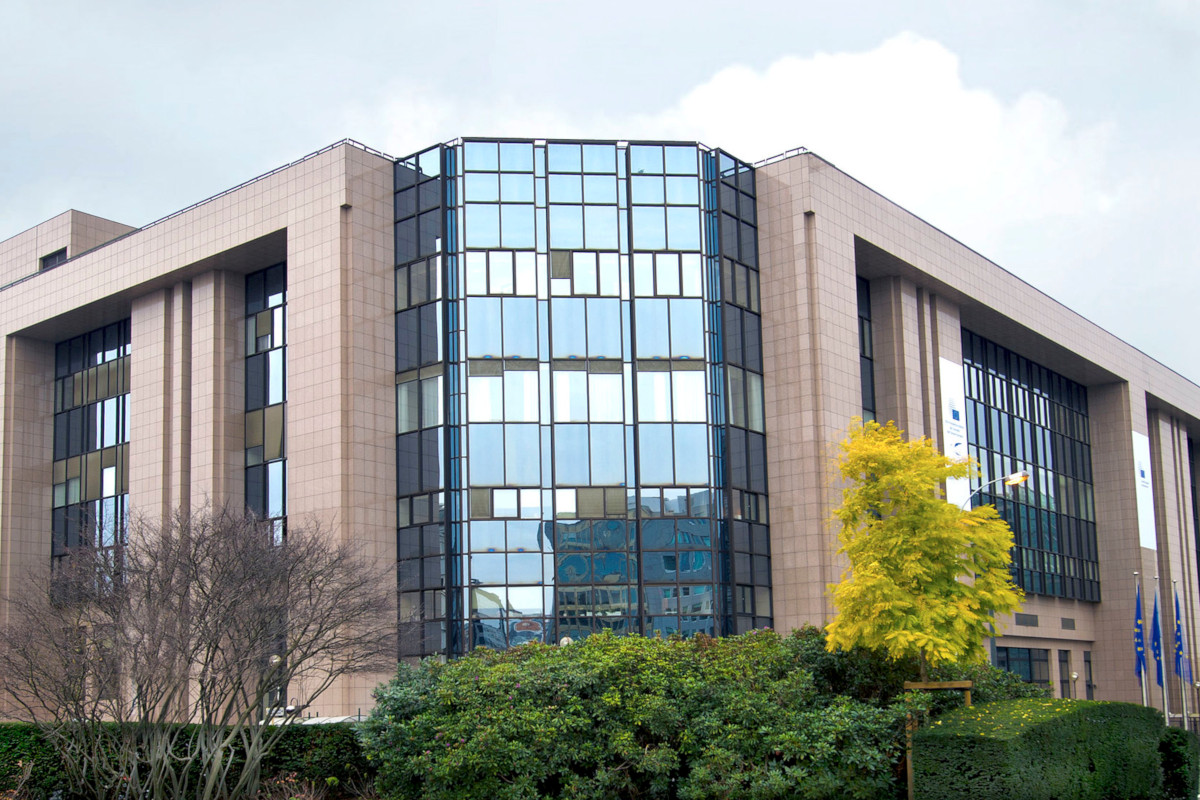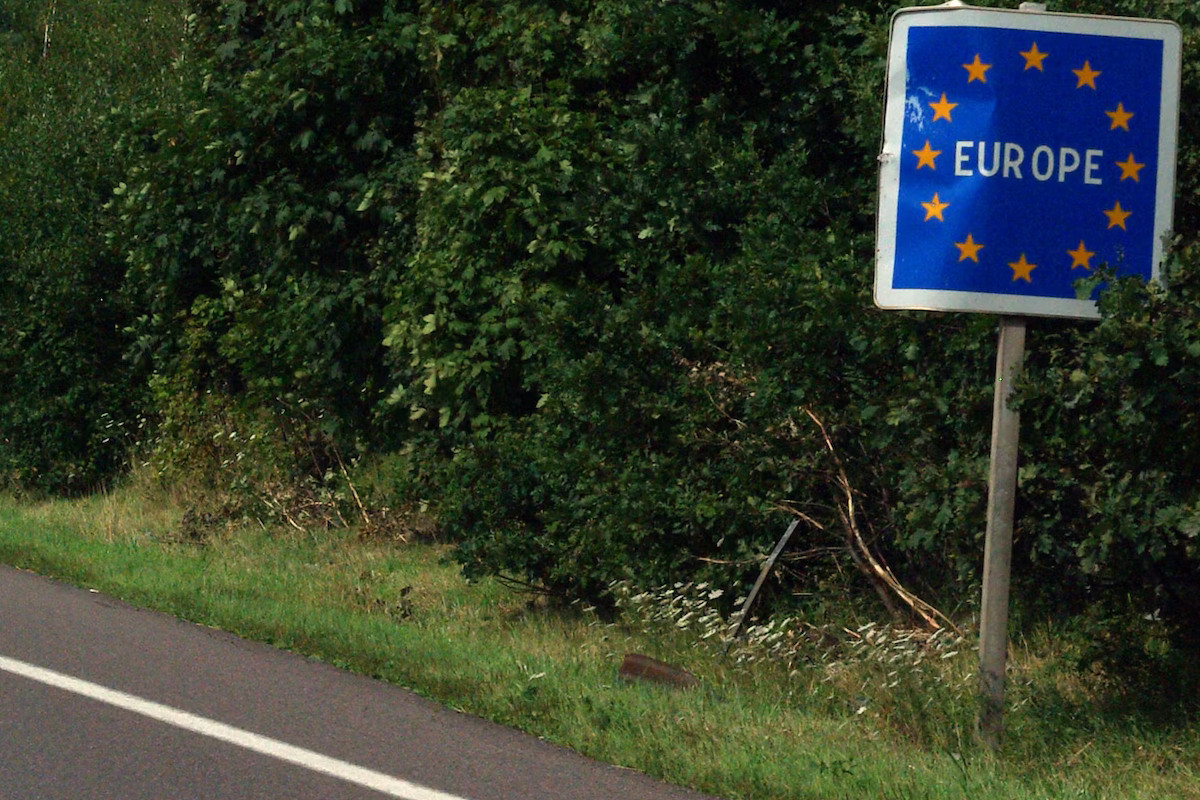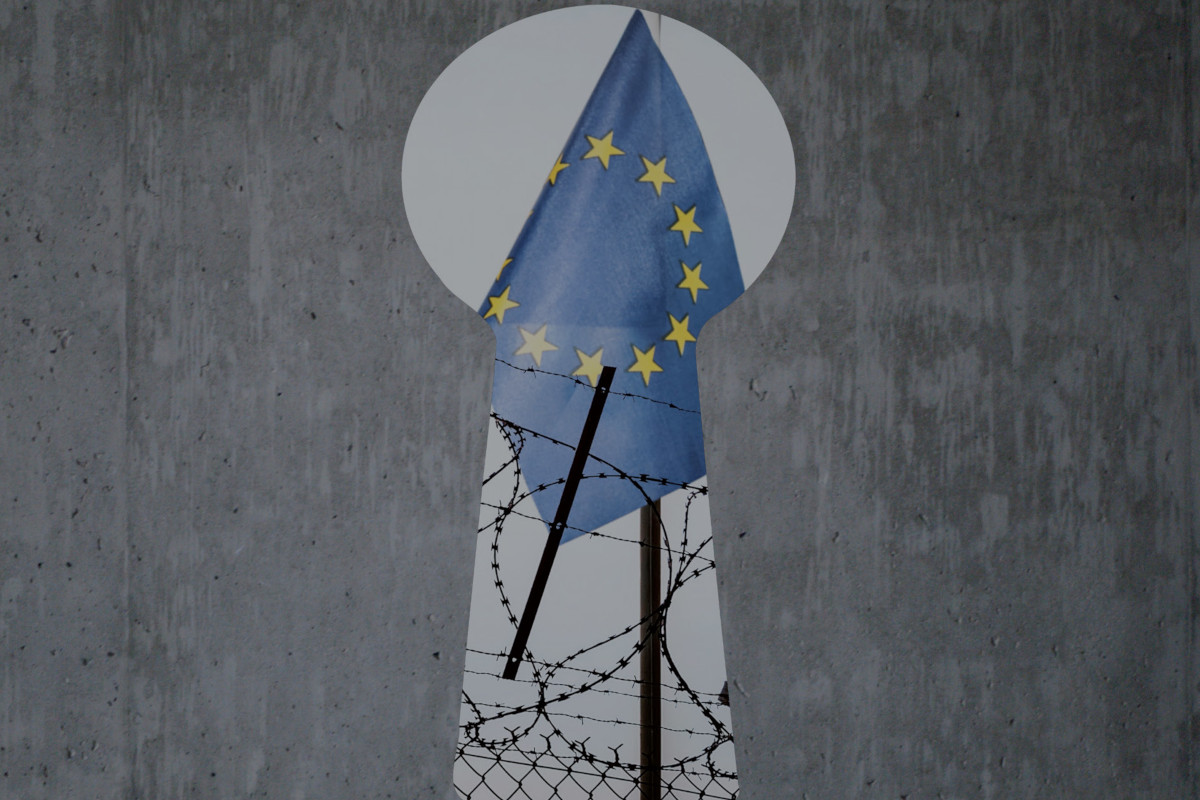Bulgaria and Romania speed up asylum and deportation procedures with EU support
Topic
Country/Region
19 June 2023
"Pilot projects" intended to beef up border controls, accelerate asylum and deportation proceedings, and reinforce the role of EU agencies in Bulgaria and Romania have just begun - yet EU legislation intended to do the same is yet to be approved.
Support our work: become a Friend of Statewatch from as little as £1/€1 per month.

Image: Don McCullough, CC BY-NC 2.0
Chris Jones, Statewatch Director, comments:
"A key feature of the pilot projects in both Bulgaria and Romania is the "acceleration" of asylum and deportation proceedings. This acceleration is evidently aimed at mowing down the existing procedural rights of people seeking international protection.
But accelerated procedures are also a key element of the Asylum Procedure Regulation, a law that is yet to be agreed - and so the implementation of the accelerated procedures is itself being accelerated through the projects. The plan to construct more "reception capacity" at the borders also seems to pre-empt the plan for more border procedures - and thus more detention at the borders.
Why wait for EU-wide legislation to undermine people's rights when you can brand it as a "pilot project" and go ahead anyway?"
Pilot projects
In February the European Council confirmed its support for Commission-funded "border management pilot projects," and two such projects have been launched in recent months, in Bulgaria (€45 million) and Romania (€10.8 million).
As revealed by Statewatch in March, "the key border between Bulgaria and Turkiye," was to be the first target of €600 million being made available to reinforce border controls and speed up removals.
Of that funding, the Commission recently announced that it will make €140 million available "for the development of electronic surveillance systems at land external borders" and €120 million to "support reception and asylum systems," in particular for the reception of unaccompanied minors and "reception capacity at the border".
Both Bulgaria and Romania have recently circulated notes within the Council to update other member states on the projects, and the Commission also trumpeted the "progress made" in a press release.
Bulgaria
According to the Bulgarian note, (pdf) the project "foresees the implementation by Bulgaria of targeted tools for border management and screening of third country nationals, conduct of an accelerated asylum and return procedure and cooperation in the fight against migrant smuggling."
The project is being implemented "with the operational and technical support of the relevant JHA agencies (EUAA, Europol and Frontex). It builds on Bulgaria’s good practices and experience, including its excellent cooperation with its neighboring countries and the EU agencies present in Bulgaria. The duration of the pilot is 6 months."
The country is "improving the digitalization of the asylum and return systems," while:
"Work is ongoing on legislative amendments for issuing of a return decision at the same time with a negative decision for international protection. Bulgaria is also working on drawing up a list with designated safe countries of origin in line with the Asylum Procedure Directive. Negotiations are ongoing with EUAA on an updated Operational plan in the field of asylum."
A "Roadmap for strengthened cooperation" with Frontex is "pending finalization", which will allow for "provision of technical equipment and increased deployment of personnel."
However, Frontex presence in the country has already been stepped up, according to the Commission's press release, with the agency providing "additional support to Bulgaria through return counsellors and interpreters."
The note also states an intention to a sign a Joint Action Plan on Return "in the margins of JHA Council," presumably the meeting on 8 and 9 June, but the Council's press release makes no mention of this.
Romania
While the Bulgarian note is not particularly detailed, it offers more information than the one circulated by Romania (pdf).
The Romanian note states that agreement with the European Commission on launching the pilot project was reached on 17 March, and that it aims to implement "key operational actions in the area of border protection, asylum and return. One of the targeted operational actions foresees setting up pilot projects in interested Member States for fast asylum and return procedures."
While the Bulgarian note mentions the need for legal reforms to accelerate asylum and removal proceedings, the Romanian note says that this "showcase" of "Romania’s best practices in the areas of asylum, return, border management and international cooperation.. is based on EU and applicable Romanian legislation, as well as on Romania's very good cooperation with neighbouring countries and EU agencies."
According to the Commission, however, Romania has changed national law in two respects: "to allow for the participation of EUAA [EU Asylum Agency] experts in the registration and assessment of asylum applications," and - as in Bulgaria - "to allow for the issuing of a negative decision on international protection together with a return decision."
The country has also been cooperating with Frontex on align its national IT systems for deportations with the agency's own, and "Romanian authorities will host and use the first Frontex Mobile Surveillance Vehicles at Romanian - Serbian border section of the Terra 2023 operational area."
Terra 2023 is presumably a continuation of the Frontex operation Terra 2022.
Documentation
- European Commission press release: Migration management: Update on progress made on the Pilot Projects for asylum and return procedures and new financial support for Bulgaria and Romania (7 June 2023, pdf)
- Bulgarian delegation: Pilot project at the Bulgarian-Turkish border (Council doc. 9992/23, LIMITE, 5 June 2023, pdf)
- Romanian delegation: Pilot project in the area of asylum, returns, border management and international cooperation (Council doc. 9991/23, LIMITE, 5 June 2023, pdf)
Our work is only possible with your support.
Become a Friend of Statewatch from as little as £1/€1 per month.
Further reading

Tracking the Pact: Council prepares to approve negotiating positions
The Council is hoping to approve its negotiating positions on the Asylum and Migration Management Regulation (AMMR), Asylum Procedure Regulation (APR) and Single Permit Directive on legal migration at the Justice and Home Affairs Council meeting tomorrow. The texts, published here, were circulated in the Council yesterday (AMMR and APR) and at the end of May (Single Permit Directive).

Viewpoint: How to make fences and influence people: a simple guide
Are you an EU member state looking to divert attention from the human rights abuses you are committing at your border? By following this simple guide, you can ensure that not only will the European Commission, the “Guardian of the Treaties”, turn a blind eye to those abuses, but that you will receive a healthy cash injection at the same time!

European interior ministers agreed new deportation scheme in secret
European interior ministers signed a secret joint statement in February last year that committed EU and Schengen states to increase financial and material support for deportations from the Balkans, increasing the region’s role as a migration “buffer zone”, a report published today by Statewatch and the Heinrich Böll Stiftung reveals.
Spotted an error? If you've spotted a problem with this page, just click once to let us know.

